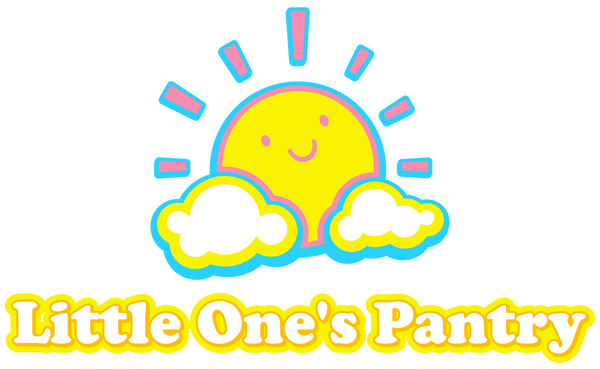Nannycare Goat Milk Formula 💖 – FAQs
Share

When it comes to feeding your little one, we know you have questions — and you should! Choosing the right formula is a big decision, and we’re here to make it easier. Whether you’re switching from another brand, curious about goat milk, or just want to know what makes Nannycare different, here’s everything you need to know.
What makes Nannycare so special?
Unlike most goat milk that’s produced for cheese, Nannycare’s full cream goat milk comes from a dedicated Co-operative of farms in New Zealand — all focused only on producing milk for babies. This means it’s naturally gentle and specially suited for infant nutrition, not just adapted from cheese production. The formulas are also made in a world-class, purpose-built facility — because your baby deserves the very best from farm to formula.
Is goat milk easier to digest than cow’s milk?
Yes, many parents report that their babies settle better on goat milk. Nannycare goat milk naturally contains only A2 beta casein, which may be gentler on little tummies than the A1 protein in most cow’s milk. It’s also naturally rich in oligosaccharides, which are prebiotics found in breast milk and great for gut health — at levels up to 10x higher than in cow’s milk.
What kind of sugars are in Nannycare?
Just lactose — the same natural milk sugar found in breast milk. The formulas are completely free from added sucrose, glucose syrup, and maltodextrin. That means a cleaner, simpler formula that’s closer to nature.
Does Nannycare contain DHA?
Yes! All Nannycare formulas contain DHA (Omega-3) and AA, which are essential for supporting your baby’s brain and visual development.
Can Nannycare help with colic or reflux?
Some parents do find that switching to Nannycare helps when their baby is unsettled, especially if the issue is related to digestion. Goat milk has a different protein and fat structure than cow’s milk, which may be easier for some babies to tolerate. As always, talk to your healthcare provider if your baby’s symptoms are severe or persistent.
Will my baby get constipated when I switch formulas?
Any change in formula can cause temporary digestive changes. To minimize discomfort, introduce Nannycare slowly over a few days. Make sure you’re preparing the formula correctly — using too much powder or not enough water can cause issues. Offering cooled boiled water between feeds (not in the bottle) and gentle tummy massages can help, too.
What’s the difference between Stage 1 and Stage 2?
- Stage 1 (First Infant Milk) is suitable from birth and can be used up to 12 months.
-
Stage 2 (Follow-On Milk) is for babies 6 months and up, with added iron, calcium, and other nutrients to support a weaning diet.
If your baby is eating well, it’s totally okay to stick with Stage 1 until they turn one.
Is Nannycare Halal or Kosher?
Nannycare is Halal certified in New Zealand, where it’s made. However, it is not certified Kosher.
Is Nannycare suitable for vegetarians or vegans?
Nannycare is not vegan, as it’s made with full cream goat milk. While it contains no cow’s milk protein, it also cannot claim vegetarian status due to how the added lactose is refined — a common industry-wide challenge. Most baby formulas are not truly vegetarian for the same reason.
How do I switch to Nannycare from another formula?
Slowly is best! Start by mixing your current formula with Nannycare over several days, gradually increasing the amount of Nannycare. This gives your baby’s tummy time to adjust and helps you spot any changes.
Final Thoughts
Every baby is different — but when you're looking for a gentle, wholesome, and thoughtfully made formula, Nannycare is a beautiful alternative to cow’s milk-based options. It’s made with care, backed by science, and loved by parents around the world.
Got more questions? Feel free to reach out — we’re always here to help!
More FAQs about Nannycare UK here
